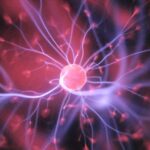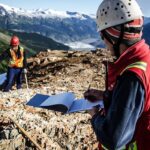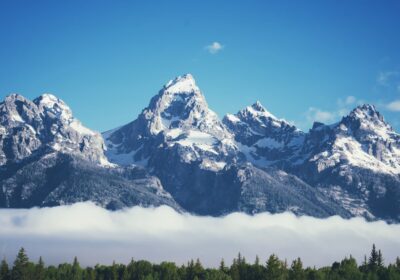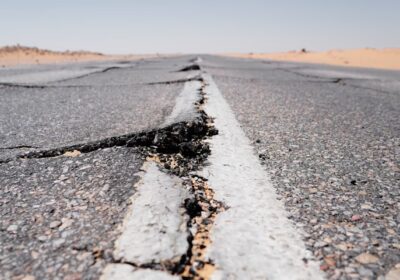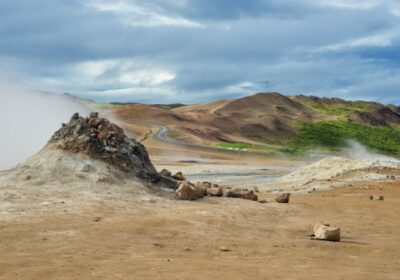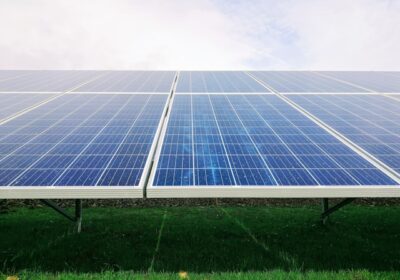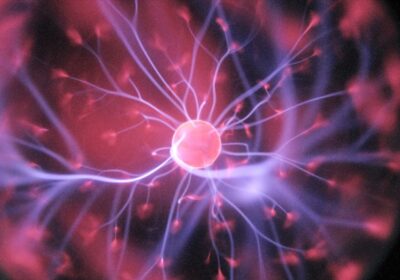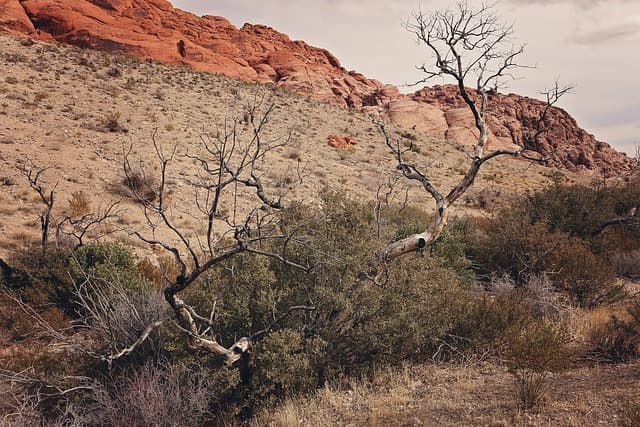
Global Environmental Changes and Their Impact on Geologic Processes
The modern world has witnessed significant changes in the environment caused by human activities and natural processes. These changes have direct and indirect effects on geologic processes, forming new challenges and problems for science and society. In this paper, we consider how global environmental changes affect geologic processes and what consequences this may have.
Climate change
Global warming and other climate changes have a direct impact on geologic processes. The melting of glaciers and icebergs leads to rising levels of the world’s oceans, changes in river regimes, and increases in the frequency and magnitude of floods and other natural disasters.
Erosion and weathering
Changes in climate and ecology can lead to increased erosion and weathering of rocks. This can lead to loss of fertile soil, degradation of land cover and changes in landscapes.
Hydrological changes
Changes in the water regime of rivers and lakes can cause changes in geologic processes such as the formation of canyons, waterfalls, lakes, and other hydrogeologic features.
Changes in biodiversity
Changes in biodiversity caused by global environmental changes can affect geologic processes through changes in biological processes such as decomposition of organic matter and humus formation.
Distribution of pollutants
Anthropogenic pollutants such as heavy metals, chemicals and radioactive waste can have negative impacts on geologic processes and lead to contamination of groundwater, surface water, soil and air.
Geologic risks
Global environmental changes can increase the risk of geologic hazards such as earthquakes, volcanic eruptions, rockfalls, and other natural disasters.
In general, global environmental changes have complex effects on geological processes and require a systematic approach to their analysis and management. Understanding these interrelationships plays an important role in developing strategies for sustainable development and environmental protection for future generations.





